Electromagnetics Blog Posts

Calculate the Force of a One-Sided Magnet
Magnets: How do they work? You can calculate the force of a one-sided magnet using COMSOL Multiphysics® and the add-on AC/DC Module.
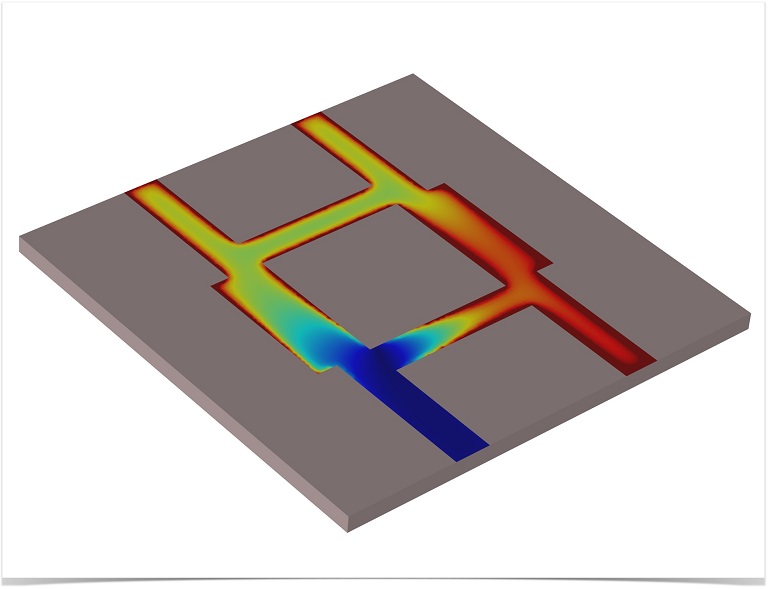
Modeling a Branch Line Coupler
A branch line coupler is made up of 2 sets of coupled ports with a phase difference of 90° between them. Power enters through 1 input port and is then divided equally between 2 output ports.
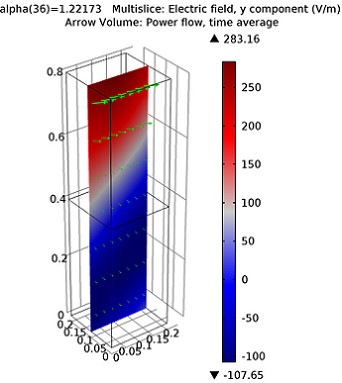
Benchmark Model Results Agree with Fresnel Equations
Bright idea: When a ray of light (an electromagnetic wave) propagating through free space hits a dielectric medium, part of the light will be transmitted and part will be reflected.
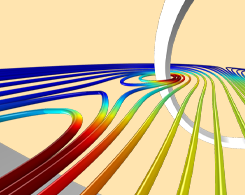
Plotting Spatial Derivatives of the Magnetic Field
Radiology, magnetophoresis, particle accelerators, and geophysics are all areas where it is useful to compute the spatial derivative of the magnetic field or magnetic flux density.
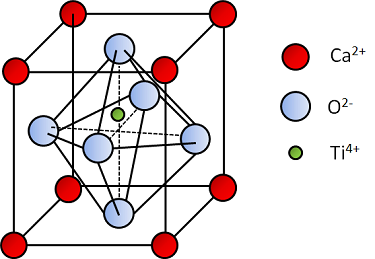
Piezoelectric Materials: Crystal Orientation and Poling Direction
Learn how to accurately model the crystal orientation and poling direction of a piezoelectric material in COMSOL Multiphysics®. We demonstrate how step by step…

Implementing a Simple Temperature Controller with a Component Coupling
Learn how to implement a simple temperature controller (a feedback loop) in a thermal process simulation in COMSOL Multiphysics®. We demonstrate with a silicon wafer example >>
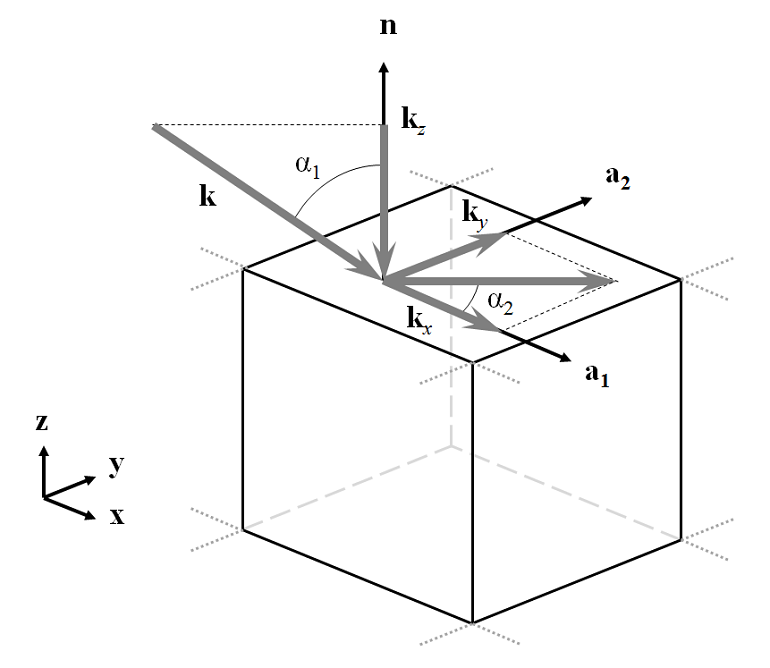
Modeling Electromagnetic Waves and Periodic Structures
Oftentimes, it is of interest to model an EM wave (light, microwaves) incident upon periodic structures, such as diffraction gratings, metamaterials, and frequency selective surfaces.
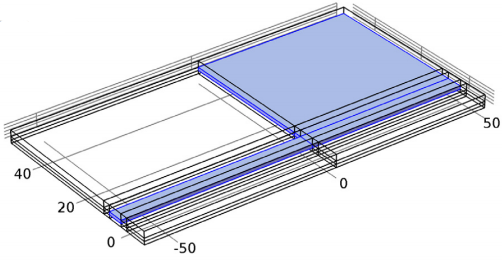
Simulating an RF MEMS Switch
An RF MEMS switch is typically made up of a micromechanical bridge or cantilever, a substrate, and an electrode or dielectric layer. You can design such a device using RF simulation.
